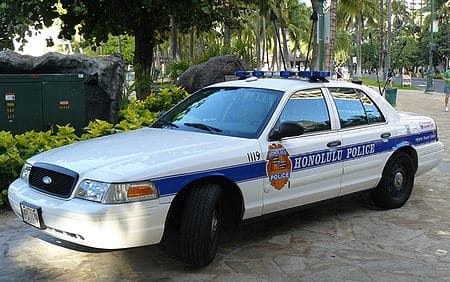
January 1st is a great time to make a change, and Hawaii ignition interlock permit holders are about to see some changes in the way they need to manage their affairs, thanks to a new law.
Act 40 went into effect January 1st, 2016. The law requires all ignition interlock permit holders to have their permit and a a State of Hawaii identification card with them at all times whenever they drive their ignition interlock equipped vehicle.
The new law makes it clear that having your permit and the ID with you is not optional. Anyone who violates Act 40 will receive these stiff penalties:
First time offenders
If a first time offender is caught driving without his ignition interlock permit and identification card, he or she will receive 3 days to 30 days in prison, fines up to $1,000, loss of their drivers license for an extra year, and the loss of their privilege to drive with an ignition interlock.
If you’ve offended within 5 years of a prior conviction
Anyone who has offended an additional time within 5 years of a first offense will receive 30 days in prison, fines up to $1,000, and loss of their drivers license for an extra 2 years. Moreover, they won’t be able to drive a vehicle equipped with an ignition interlock.
If you’ve offended within 5 years of 2 or more convictions
Anyone who violates Act 40 will receive one year in prison, fines up to $2,000, permanent loss of his or her drivers license, and will never be able to drive with an ignition interlock.
To find out where to obtain your State of Hawaii identification card, check the HDOT website. Remember to bring the proper documents with you. That information is also available at the site.
Clearly, the Department of Transportation wants Hawaii ignition interlock permit holders to get serious about keeping their ID and permit with them. In too many states, DUI offenders slip through the cracks and evade the system. Hawaii has taken this step as a way to better enforce their ignition interlock program. Remembering those documents is a small price to pay to stay on the road.
